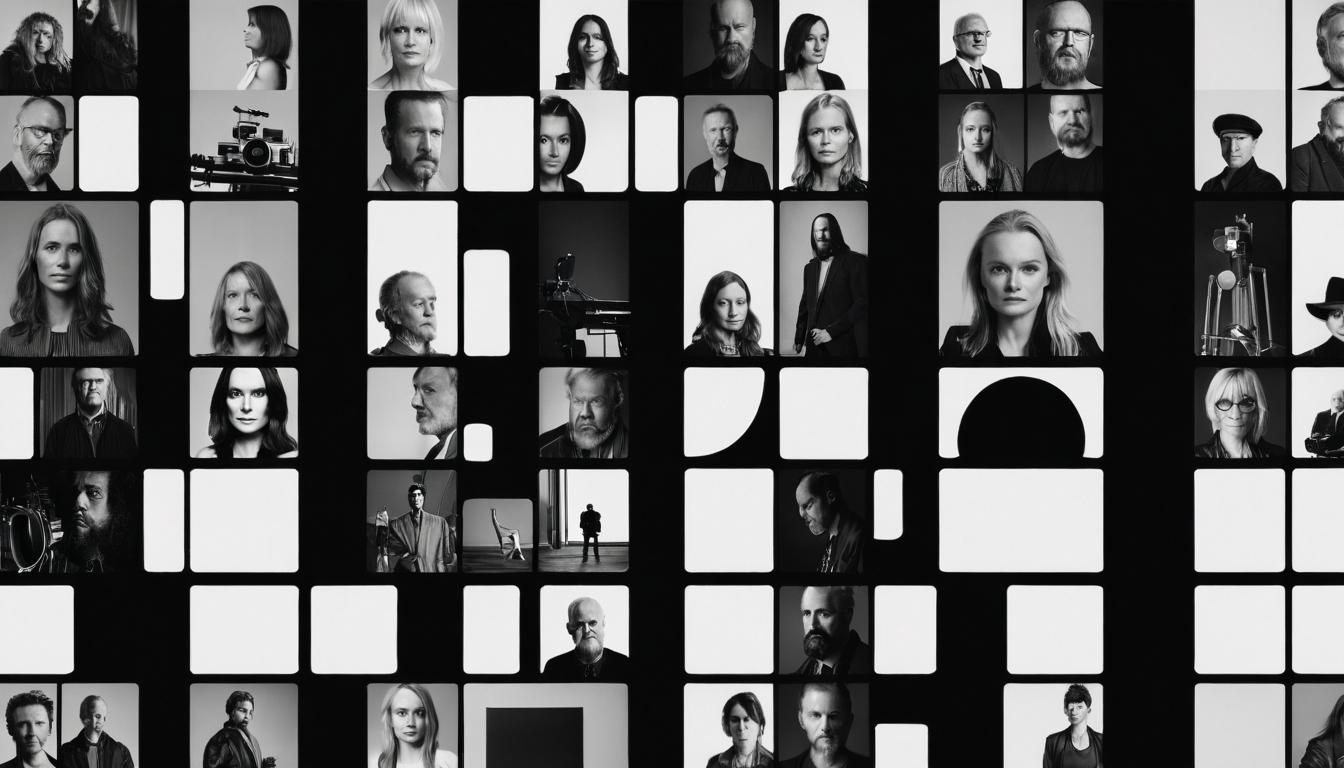The projector hums, the lights dim, and before the first image flickers across the screen, something else happens—something most audiences never consciously register. A single note hangs in the darkness, then another, and suddenly we're not just watching a story unfold; we're feeling it in our bones. This is the work of modern film composers, the invisible architects of our emotional experiences in cinemas worldwide. Yet their revolution has been so subtle, so integrated into the fabric of filmmaking, that we've barely noticed the ground shifting beneath our feet.
Walk into any major studio scoring session today, and you'll find something surprising: silence. Not the absence of sound, but the presence of intentional quiet. Composers like Hildur Guðnadóttir, who won an Oscar for her work on Joker, have pioneered what industry insiders call 'negative space scoring.' Instead of filling every moment with music, they're using silence and near-silence as compositional tools. The effect is unnerving, intimate, and remarkably effective. When Guðnadóttir recorded the cello for Joker, she didn't just play notes—she captured the sound of the bow hairs separating, the wood creaking, the musician breathing. These became the score's emotional foundation.
Meanwhile, in home studios across Los Angeles, Berlin, and Tokyo, another revolution is brewing. The democratization of scoring technology has created what veteran composer David Arnold calls 'the bedroom maestro phenomenon.' Where once a film score required a 100-piece orchestra and a million-dollar budget, today's composers can create equally compelling work with a laptop and headphones. This isn't just about cost savings—it's about intimacy. When composer Nicholas Britell created the haunting piano themes for Succession, he worked alone in his studio, experimenting until he found the perfect musical representation of dysfunctional wealth. The result feels personal, almost confessional, in ways that traditional orchestral scoring rarely achieves.
Perhaps the most significant shift, however, has been in how composers approach cultural authenticity. For decades, Hollywood scores treated non-Western cultures as exotic flavoring—a sitar here, some African drums there. Today's leading composers are rejecting this approach entirely. When Ludwig Göransson scored Black Panther, he didn't just add African instruments to a Western orchestral template. He traveled to Senegal, South Africa, and beyond, recording local musicians and integrating their musical traditions into the score's DNA. The result wasn't background music; it was cultural conversation.
This new approach extends to how composers collaborate with directors. The old model—director gives temp track, composer mimics it—is crumbling. Now, composers are involved from the script stage, sometimes even before filming begins. John Williams' legendary partnership with Steven Spielberg set the template, but today's collaborations are even more integrated. When Justin Hurwitz worked on First Man, he didn't just score the finished film—he composed themes that director Damien Chazelle played on set to help Ryan Gosling find the emotional tone of scenes. The music wasn't decoration; it was part of the creative process from day one.
The business of film music is changing just as dramatically. Streaming services have created both challenges and opportunities. On one hand, the 'skip intro' button means main titles—once prime real estate for iconic themes—are often missed. On the other hand, streaming has created new formats that demand innovative scoring approaches. Limited series like The Queen's Gambit required composer Carlos Rafael Rivera to think in eight-hour arcs rather than two-hour increments. The result was musical development on a novelistic scale, with themes that evolved over weeks rather than hours.
Even the definition of what constitutes a 'film composer' is expanding. Video game composers like Austin Wintory (Journey) and Gareth Coker (Ori and the Blind Forest) are bringing cinematic sophistication to interactive media, while composers like Trent Reznor and Atticus Ross have blurred the lines between film scoring and sound design. Their work on films like The Social Network created sonic environments where music and effects become indistinguishable—a approach that's since been adopted by mainstream Hollywood.
The most exciting development might be what's happening outside Hollywood entirely. In countries like South Korea, Nigeria, and Iran, local composers are creating scores that draw on their own musical traditions while speaking a global cinematic language. When composer Jung Jae-il created the score for Parasite, he blended classical Western instrumentation with Korean musical concepts in ways that felt both specific and universal. The score didn't just support the film's themes of class tension—it embodied them musically.
What does all this mean for audiences? We're experiencing films more holistically than ever before. The best modern scores don't tell us how to feel—they create emotional spaces where we can discover our own responses. They're less like narration and more like architecture, shaping our experience without dictating it. Next time you sit in a darkened theater, pay attention to the spaces between the notes. That's where the real magic is happening.
The unsung heroes: how film composers are changing cinema without us noticing

